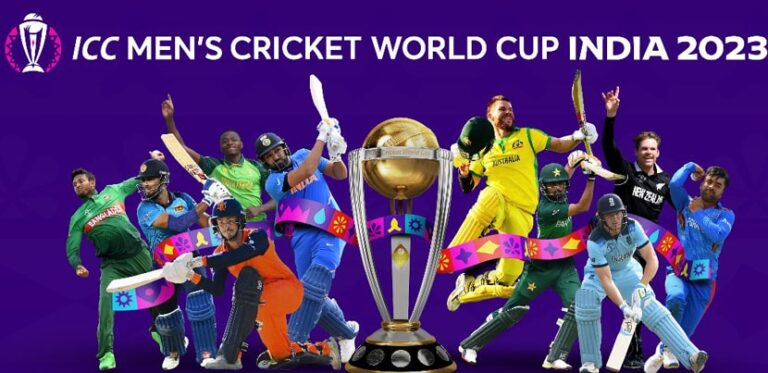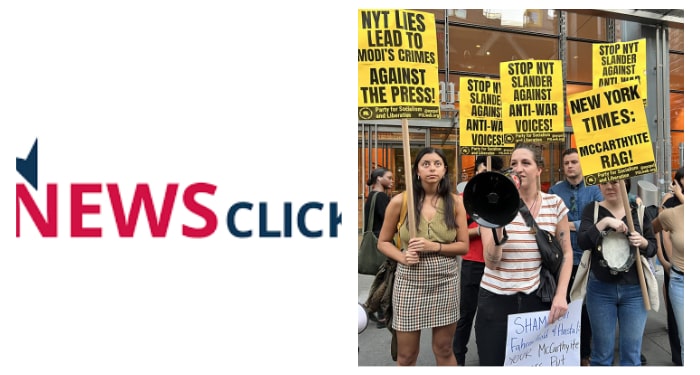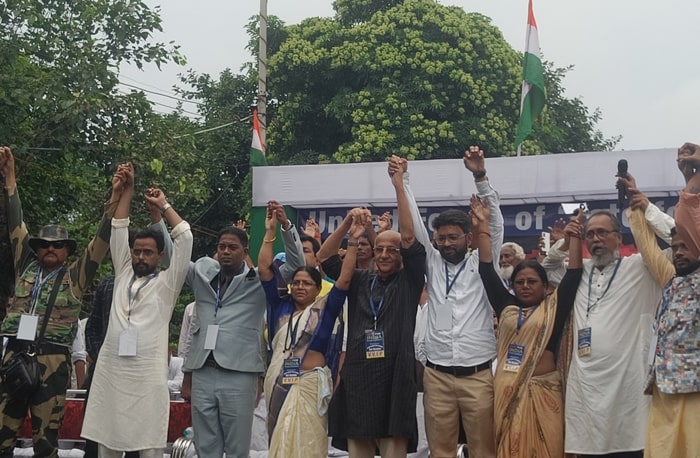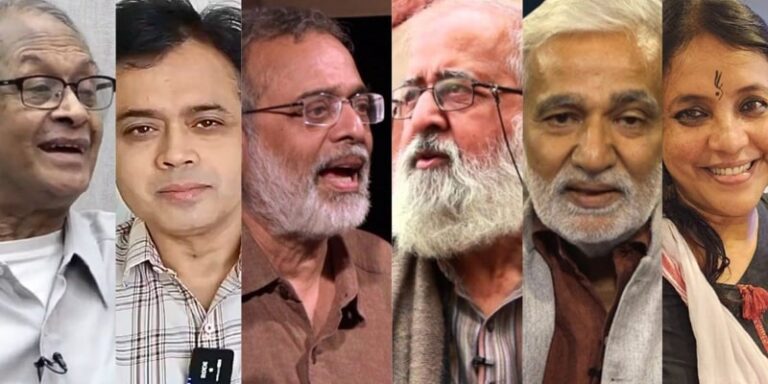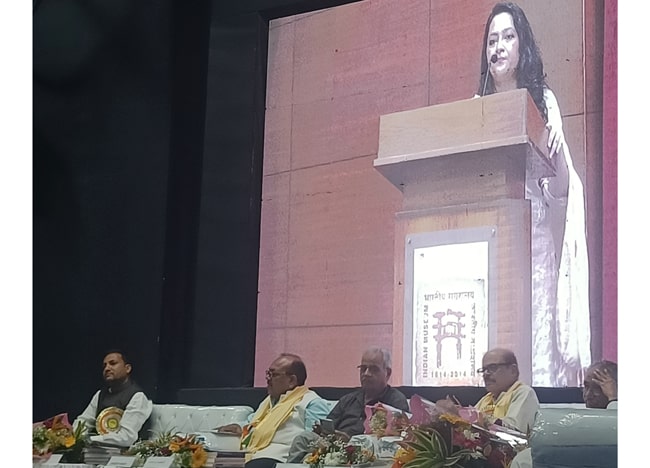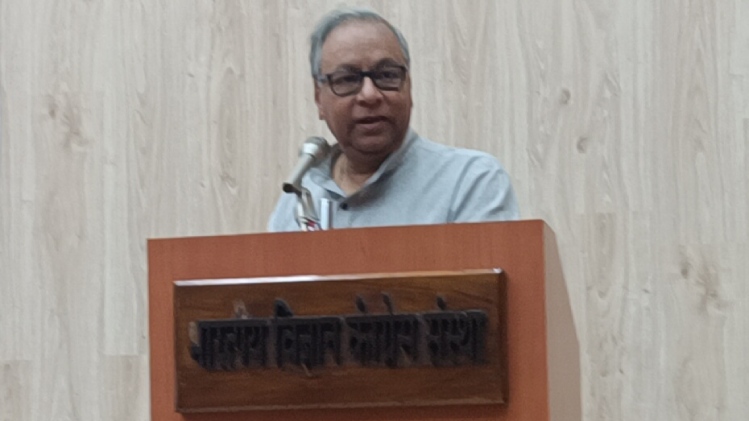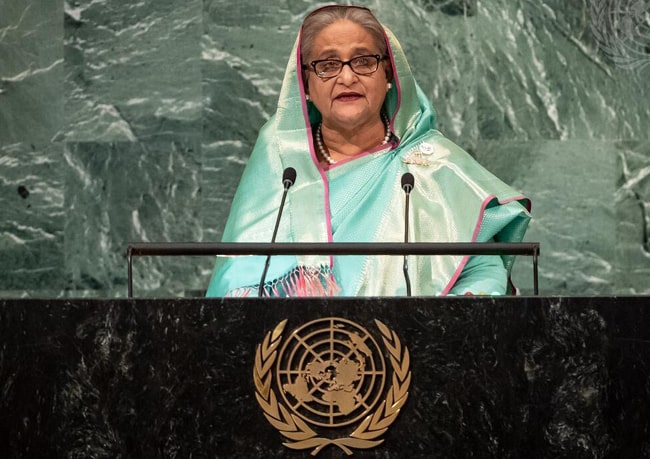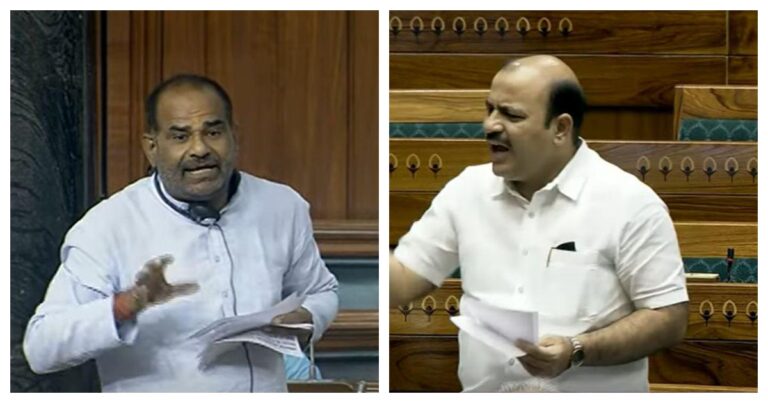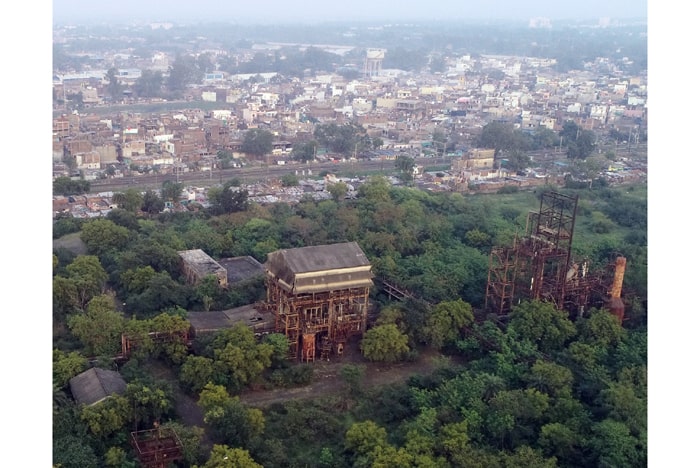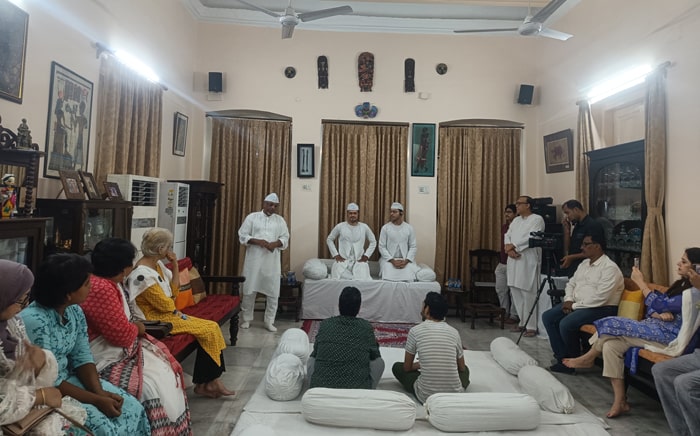The 2023 ICC ODI World Cup is all set for a grand start on Thursday and after conquering Asia, Team India is the top favourite to lift the Cup. With home advantage working as a tailwind, experts tip them as potential champions especially as the hosts are in red-hot form after defeating the Aussies 2-1!
Despite the heightened expectations, it is worth remembering that after the historic 2011 triumph, India were contenders in the next two ODI World Cups too but failed to deliver a killer punch in the knockouts. In fact, an ICC trophy has eluded India for nearly a decade ever since the Dhoni-led side lifted the Champions Trophy in 2013. The key question therefore is – what is different about Team India now which gives them an edge over other teams?
In 2015, as defending champs in Australia, Team India had many newcomers. They performed superbly till the semi-finals without losing a single game but struggled against a superior Australian team which not just thrashed them but went on to lift the World Cup.
In 2019 too, India was touted as one of the favourites. A balanced side which had experience and skill, it proved a dream World Cup for ‘Hitman’ Rohit Sharma and most Indian batters performed brilliantly until the semi-final against New Zealand which broke a billion hearts. Although the top order scored fluently, India’s lack of a suitable number 4 led to their downfall and the last international match for Dhoni.
Interestingly, the number 4 conundrum persisted till recently since Team India struggled with injuries to vital players. But the recent turnaround has been a pleasant surprise with Bumrah, Rahul and Shreyas back after long layoffs. With worthy performances in the Asia Cup as well as the ODIs against Australia, doubts about the team’s prospects have evaporated.
India now has a solid opening combination in Rohit and Gill. While Rohit’s pedigree was known, Gill’s game has grown leaps and bounds over the last year wherein he became the highest run scorer in ODIs. Apart from Gill, India’s middle order also looks intimidating since Kohli at number 3 is followed by Rahul, Shreyas and Surya plus Hardik as a dependable all-rounder to bolster the middle order.
Though only two are likely to be picked amongst the 4, their prime form in the last few matches augurs well especially with Ishan Kishan grabbing his chances and giving a left-handed option in the middle. This allows Team India to choose and rotate players during the long tournament from a bench strength that’s brimming with talent and confidence.
Not just the batsmen but India’s bowlers too are faring well. Having demolished most oppositions for low scores, opponents now fear the ‘S’ duo of Siraj and Shami who have hit top form and looked unplayable on occasions. Such is the depth of the Indian pace attack that probably just one of the duo will feature in the playing eleven alongside new ball partner Bumrah who is back and looking incisive; a huge boost for the Indian line-up.
But the key to India’s success will be Hardik Pandya. A lot will depend on his batting prowess in the late overs as it could decide India’s fate: batting first or shaping a chase. His ability to bowl his full quota of 10 overs at 140 kph allows India flexibility to go in with just 2 fast bowlers. Apart from Pandya, a confident Kuldeep Yadav will be crucial to India’s chances since he controls the middle overs well and has been picking loads of wickets.
Ashwin sneaking into the squad gives great support to Yadav and there could be a scenario of all three Indian spinners playing together as Jadeja adds value with his batting and superlative fielding. This attack in Indian conditions looks menacing, more so when pitches will be slowing down and affording turn in the latter half of the tournament. While fielding and chasing big targets above 300 remains a small worry, as seen in the final ODI against Australia, it is India’s recent tackling of the high-voltage pressure that makes experts view India as definite semi-finalists!
Along with India, connoisseurs have picked Australia, England and South Africa as the other three potential semi-finalists. Though Australia has been lacklustre in recent matches against South Africa and India, they have a track record of raising their game to another level in big tournaments. Despite a strong team with many all-rounders, the impact player from their side could be Glenn Maxwell whose abilities with bat and ball are well-known. He showed how effective his bowling can be in the final ODI against India where he picked 4 wickets and took the Player of the Match award.
The 2019 winners England are an ageing side and haven’t played at full tilt in ODIs since the last World Cup. But in Bairstow, Butler, Moeen and Stokes, they have some of the cleanest hitters of the ball in their team who can post or chase any total on any ground. However, Mark Wood with his speed and bounce may prove an X factor as he can surprise the batsmen with pace. On slow Indian pitches, he could be the difference between other sides and England.
South Africa has been the curious case of a team that has had all the ingredients to win a World Cup but still hasn’t. They are coming to the World Cup with good form and have a strong batting lineup. Heinrich Klaasen has been phenomenal in 2023 having averages above 50 and a strike rate of 151.4 in the last 10 ODI innings. He has been outstanding against India as well whenever the two sides have faced each other and his finish will be vital for SA in their quest for their first-ever ICC trophy.
As always, Pakistan remains the most unpredictable team. They have been hampered by the injury of Naseem Shah but if they do disrupt the dance of the favourites, it will be only if Babar Azam and Shaheen Shah Afridi play to the best of their ability. India meets them in Ahmedabad, an eagerly anticipated encounter whose tickets have sold out out.
On paper, India looks like the best-balanced team especially as it is ranked number 1 in all three formats. If India manages the pressure well, it may just become the only team after Australia to win the World Cup thrice!


